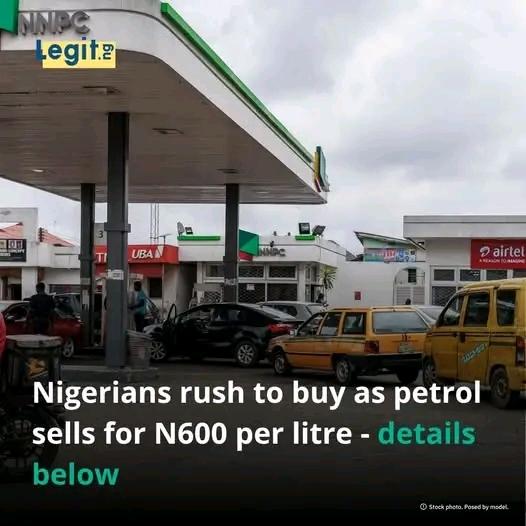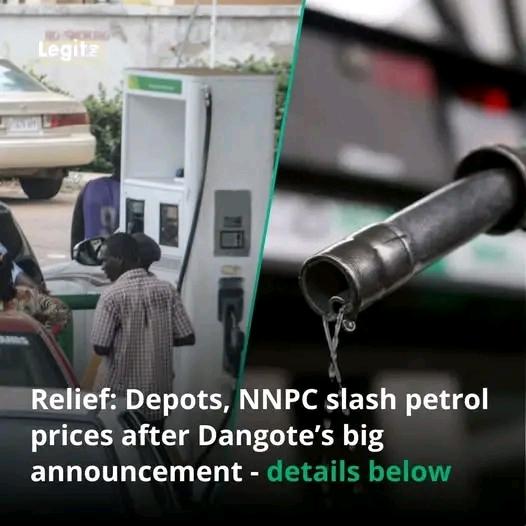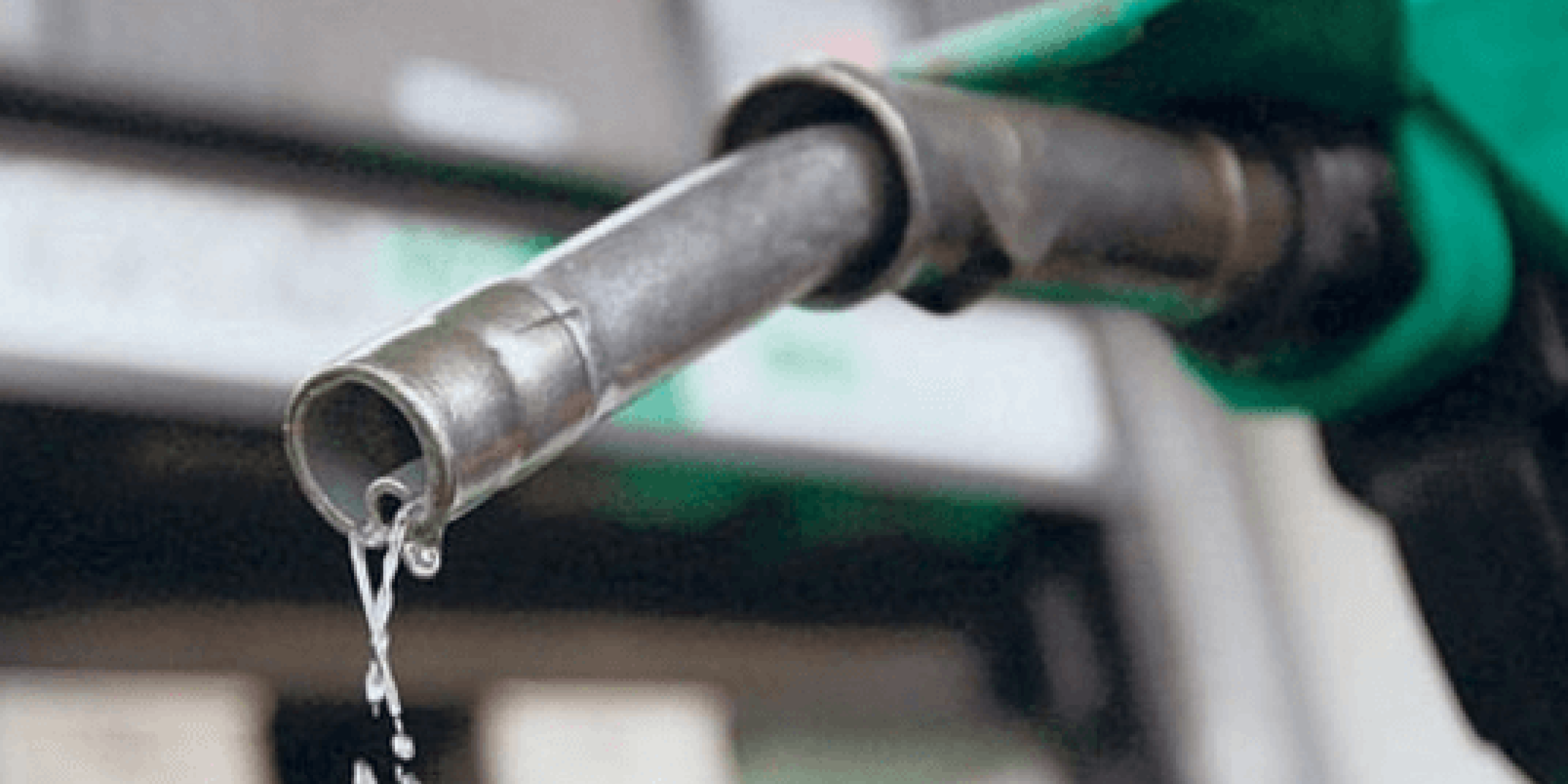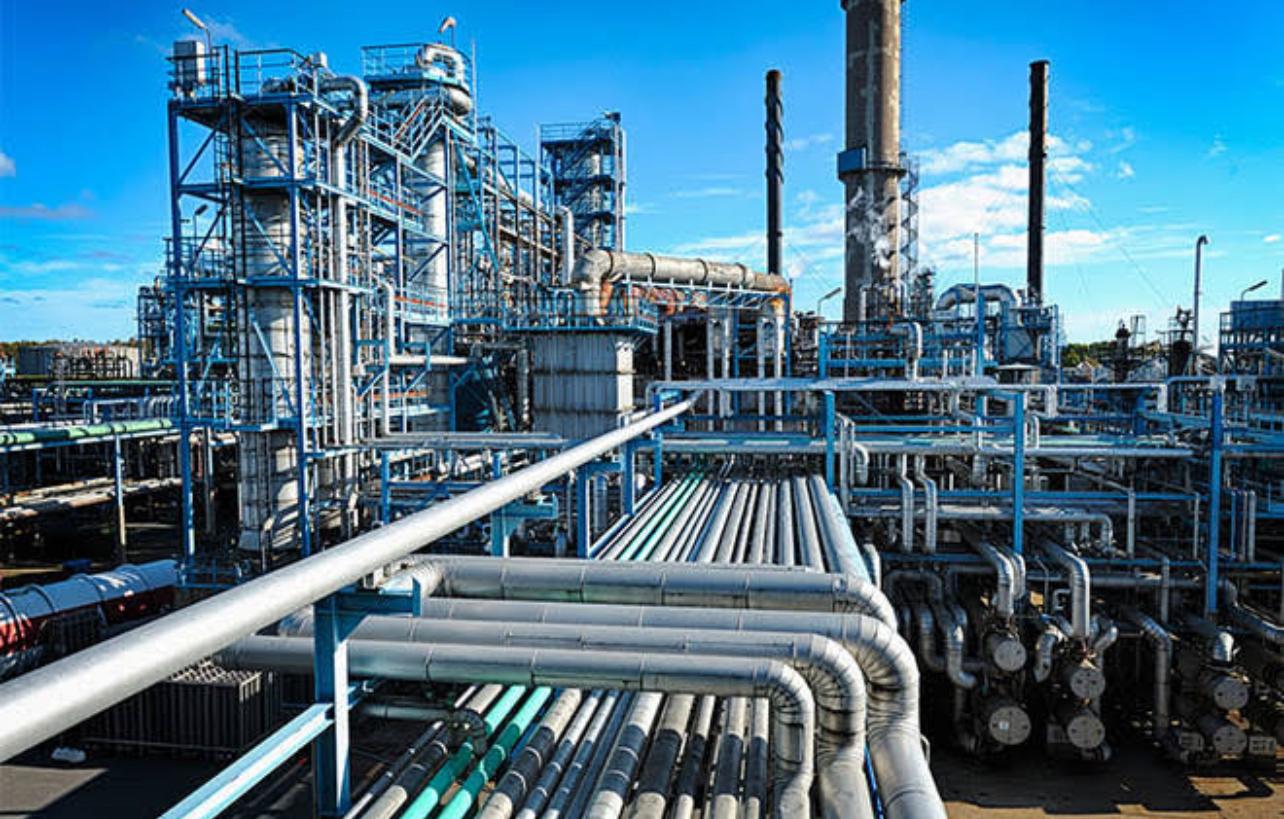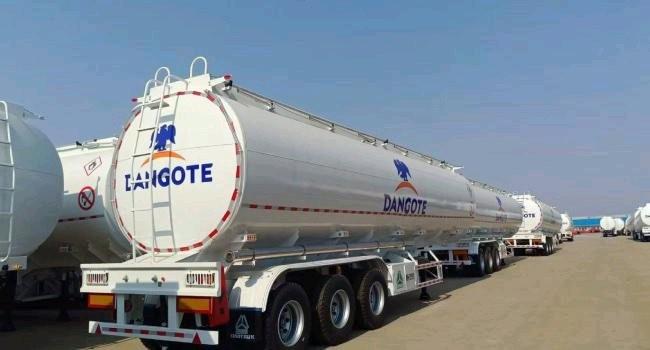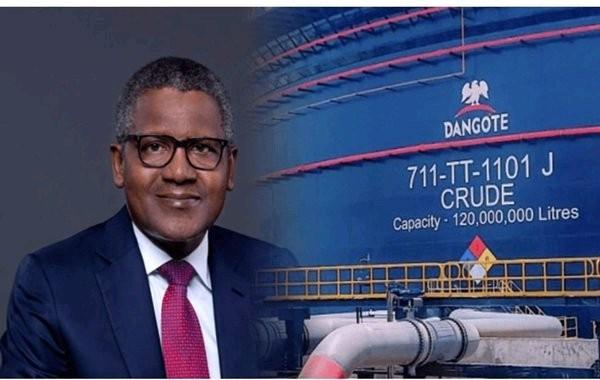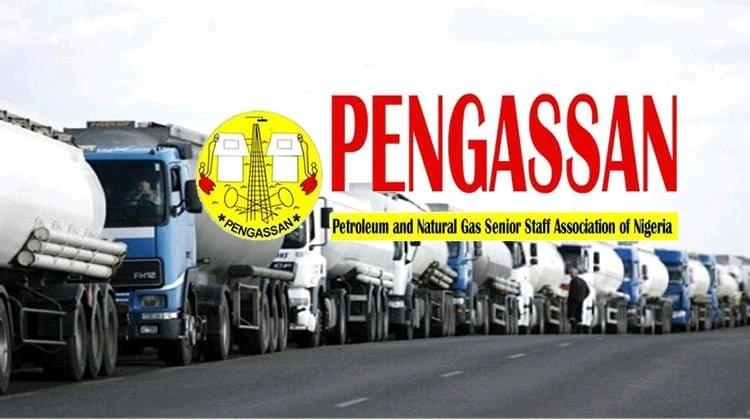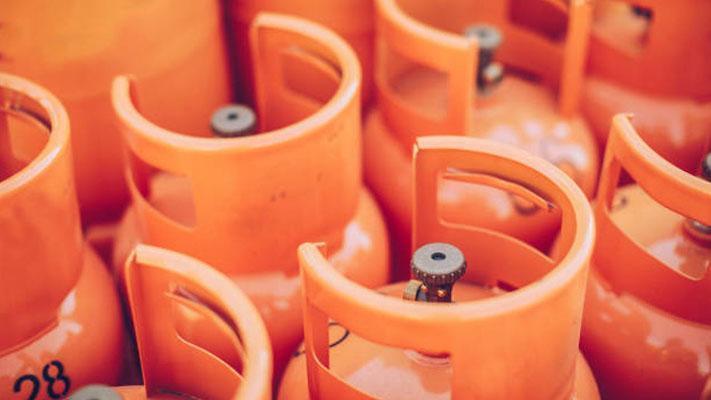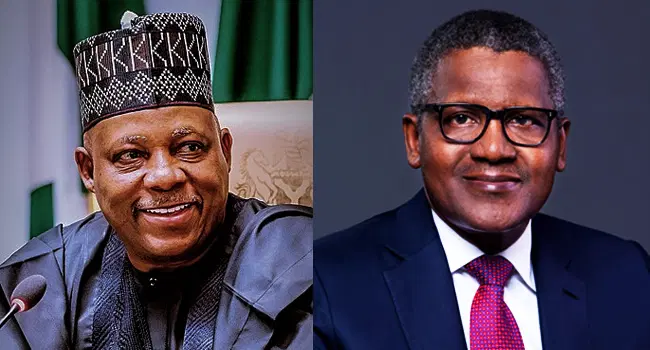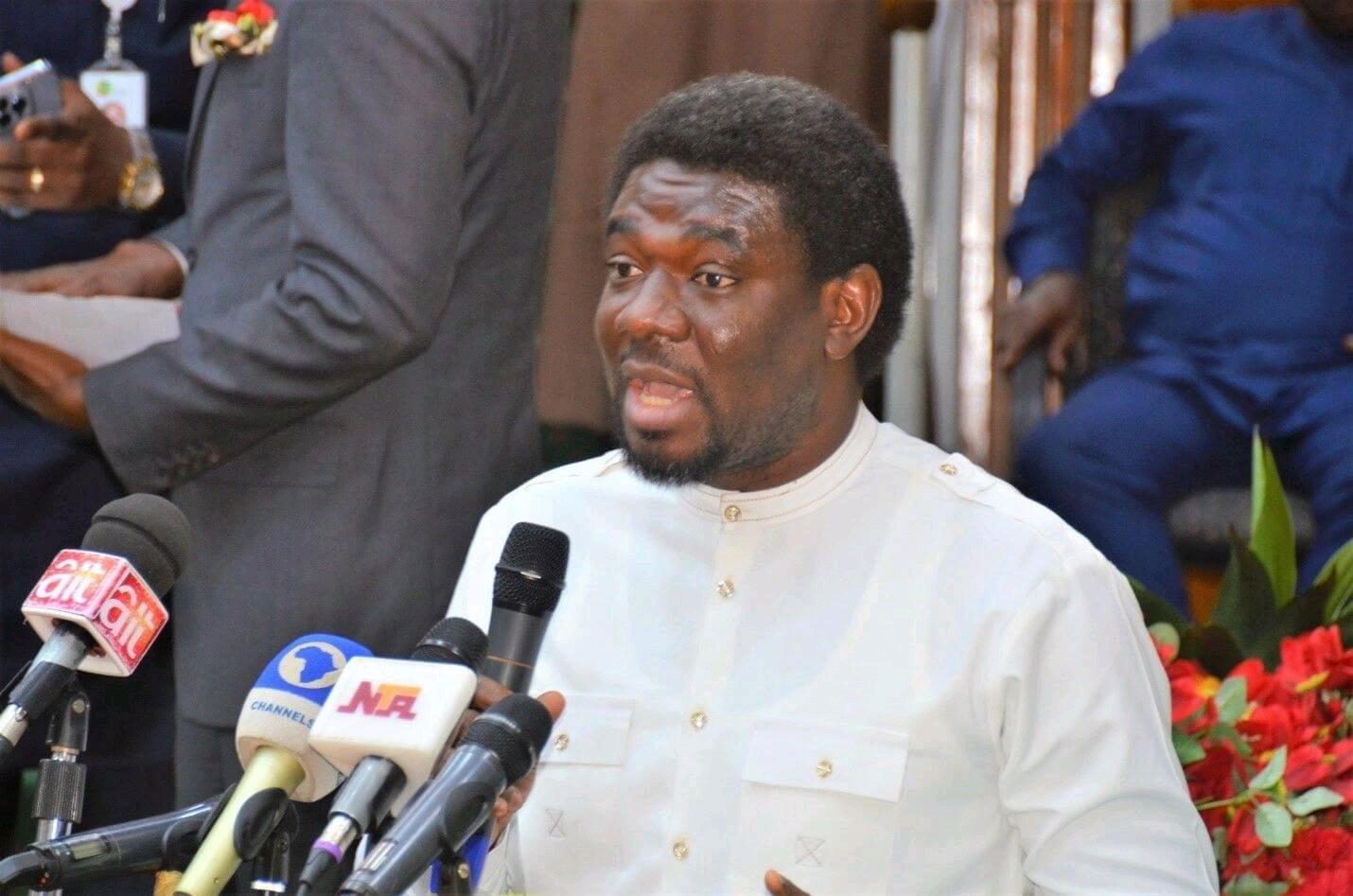Today, we officially launched the TY Logistics Park FZE in Alaro City, a project that will shape the future of logistics in Lagos and strengthen our position as Nigeria’s leading industrial hub.
I commend General T.Y. Danjuma (Rtd.) and Senator Daisy Danjuma for their vision. Through TY Holdings, they continue to show what responsible investment and confidence in Lagos truly look like.
This park sits in the middle of a rapidly expanding economic corridor, the Lekki Deep Sea Port, Dangote Refinery, new manufacturing zones, and the coming Lekki–Epe International Airport. A grade-A logistics facility here will cut costs for businesses, support exporters, and create real opportunities for our people.
We also appreciate the Federal Government’s commitment to the 7th Axial Road, which will strengthen the entire supply chain from the port to land.
This project aligns with our THEMES+ agenda to build modern infrastructure, improve mobility, and make Lagos an easier place to invest and operate. Alaro City is fast becoming a preferred industrial destination, and we will keep creating the environment where investors know that today is always the next best day to invest in Lagos.
Today, we officially launched the TY Logistics Park FZE in Alaro City, a project that will shape the future of logistics in Lagos and strengthen our position as Nigeria’s leading industrial hub.
I commend General T.Y. Danjuma (Rtd.) and Senator Daisy Danjuma for their vision. Through TY Holdings, they continue to show what responsible investment and confidence in Lagos truly look like.
This park sits in the middle of a rapidly expanding economic corridor, the Lekki Deep Sea Port, Dangote Refinery, new manufacturing zones, and the coming Lekki–Epe International Airport. A grade-A logistics facility here will cut costs for businesses, support exporters, and create real opportunities for our people.
We also appreciate the Federal Government’s commitment to the 7th Axial Road, which will strengthen the entire supply chain from the port to land.
This project aligns with our THEMES+ agenda to build modern infrastructure, improve mobility, and make Lagos an easier place to invest and operate. Alaro City is fast becoming a preferred industrial destination, and we will keep creating the environment where investors know that today is always the next best day to invest in Lagos.
0 Kommentare
·0 Geteilt
·85 Ansichten



